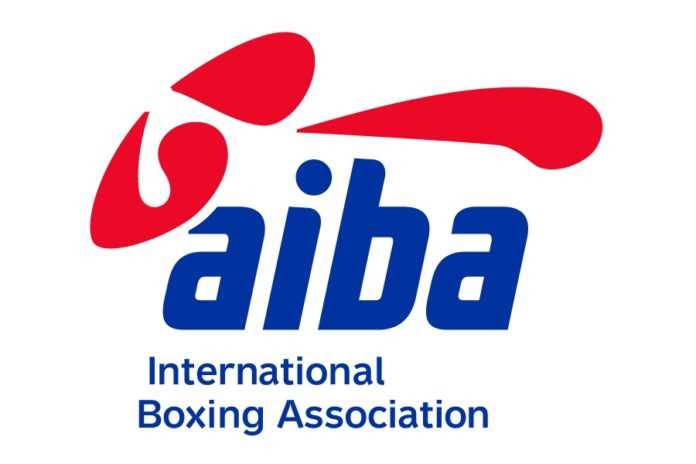No one will say it, even in a whisper.
No one in the Olympic Movement even wants to think about it.
But the Olympic Games in Tokyo, coming in less than two years, is a problem.
For the International Olympic Committee and its affiliated organizations, what has happened in the planning for the Games of the XXXII Olympiad is causing collateral damage everywhere else.
This will come to light once again in the next two weeks as the citizens of Calgary (CAN) will vote in an increasingly heated citywide referendum on whether to bid for the 2026 Olympic Winter Games. And it’s all about money, again.
The cost of the 2008 Games in Beijing has been estimated at $30 billion U.S., a figure which could not be surpassed, right? Then came the renovation of Sochi (RUS) in time for the 2014 Olympic Winter Games and that was reported to cost $51 billion, but who will ever really know?
Of course, those estimates – and that’s what they are – include items which were only indirectly associated with the operation of an Olympic Games, and in both instances, included infrastructure items like roads, bridges and other projects to get the area ready for its future … both for the Games and well beyond.
These expenditures were not part of Tokyo’s bid for the 2020 Games back in 2013, projected to cost – at the time – the equivalent of $7.3 billion U.S. Naturally the figure shot up monstrously, and the projection from Tokyo’s municipal accountants got as high as $30 billion before a revision brought the figure down to $12 million (~ ¥1.35 trillion).
The IOC was right in the middle of this and insisted on savings because even though it was not paying these bills, they were making it harder for cities to get interested in bidding for future Games. Of late, the IOC has trumpeted its “Agenda 2020″ and “The New Norm” programs as saving as much as $4.3 billion U.S. for Tokyo. That would be great if that reduction came from the $7.3 billion figure, but it’s not; it took that much to get down to the $12 billion level.
But a couple of weeks ago, new estimates from the Board of Audit of Japan were released that showed projections of costs related to the Games could be at $26.3 billion U.S. (or ¥3 trillion).
Per the Japan Times: “It is necessary to sort out the detailed relations between the Tokyo Games and the projects, the audit board said, urging the Headquarters for the Promotion of the Tokyo Olympic and Paralympic Games to figure out and disclose the whole spending picture.
“The audit showed that some of the projects seem to have little relation with the Olympics, including one involving the storage of smallpox vaccine.”
So now the IOC is saying one thing to prospective bidders like Calgary and Stockholm – whose new municipal government says it will contribute nothing to a 2026 Games there – and government offices in Tokyo are saying something different.
And that’s not all.
The growth of the Games remains unchecked, as Tokyo agreed to add new sports and new events including surfing, sport climbing, skateboarding, karate and baseball (men) and softball (women). These 18 events and 474 athletes (plus coaches and others) are on top of the 10,500+ already scheduled to compete in 2020. They all cost the organizing committee money.
And it’s no surprise that almost all of these sports are now publicly campaigning to be on the permanent program of the Games for 2024, 2028 and beyond. Once added, it becomes very difficult to tell these “deserving athletes” that the Olympic dreams of their younger generation of competitors will be “dashed” and their sports not continued in future Games.
True, the IOC approved all of this and it bears the responsibility of shrinking the Games to make it more affordable. But now that the next Games will be in Tokyo, the focus on what is happening there and how the finances could go so terribly wrong in a country where competence and planning are revered, is going to increase exponentially.
Asked about these issues, IOC officials are polite but firm that their view of the expenses attendant directly to the Games are quite different than those of municipal “accountants” who have their own ideas, unrelated to the Olympic experience.
But it will be better for the IOC, perhaps through the Tokyo organizing committee, to work much more closely with the Board of Audit so that everyone knows who is spending what for the Games, or for something else.
If the (1) IOC, (2) the Tokyo organizers and (3) Japanese government officials could actually get the financial picture truly clarified and present an agreed, united concept of what the cost elements of an Olympic Games in a world-class metropolis actually are, that would be a legacy which would pay dividends for the Olympic Movement and for bid cities for decades to come.
Rich Perelman
Editor
























